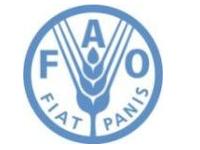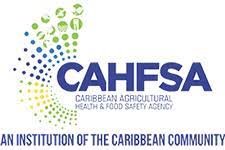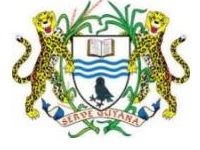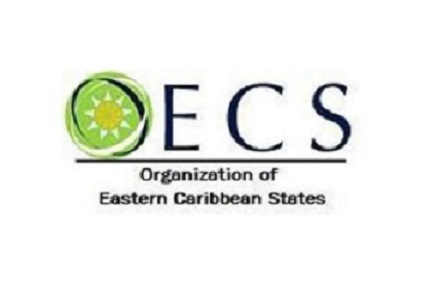Overview
Recognising the need for an effective mechanism to safeguard regional agriculture from the multiple challenges of the expanding threat of new quarantine pests, increased trade liberalisation and the absence of a functional Regional Plant Protection Organisation, the Caribbean Plant Health Directors (CPHD) was formed in 2008 largely through efforts by the United States Department of Agriculture Animal and Plant Heath and Inspection Services (USDA / APHIS) and CARICOM, with support from the Inter-American Institute for Cooperation on Agriculture (IICA) and the Food and Agriculture Organization (FAO).
From the inception it was recognized that given the trans-border nature of Quarantine pests, to be effective, the CPHD had to encompass and be open to all of the Countries and Territories of the Greater Caribbean region and incorporate the International, Regional and National institutions, universities and laboratories working in area of plant health. Over the last 7 years the CPHD increased its collaborative efforts and unified its strategies to strengthen plant health safeguarding throughout the Greater Caribbean Region. With support from its primary partner agencies USDA APHIS – GCSI, IICA, CARICOM FAO, CARDI and CABI, its membership has expanded beyond CARICOM Member States and Associated Member States, to a total of 34 member countries and territories including Non CARICOM members such as Aruba, Dominican Republic, Cuba, Curacao, Martinique, St. Maarten, and, US Virgin Islands, as well as additional partner organizations such as the Organization of Eastern Caribbean States (OECS), University of Florida (UF), University of the West Indies (UWI)and Organismo Interacional Regional de Sanidad Agropecuaria (OIRSA).
A primary and critical goal of the CPHD is to increase communication and foster transparent exchange of phytosanitary information among Caribbean countries/territories and entities. One of the mechanisms used to achieve this goal is the exchange of information through individual and group interchange via the annual meeting of the CPHD Forum, meetings of its technical working Groups and ongoing electronic communication with its members.
In order to effectively carry out its primary goal, the CPHD must communicate proactively, regularly and on a sustained basis with its members and stakeholders. In this regard, the organization needs to be positioned to purposefully implement communications and public education initiatives in a sound, systematized fashion.
As such, there was a need for the development and implementation of a communication strategy within the framework of the Caribbean Plant Health Directors Forum.
General Objective
- To provide technical communications inputs into and capacity building regarding the development of the communication strategies and its implementation,
- To guide the communication working group with regard to strategies related to awareness raising, advocacy and outreach activities.













